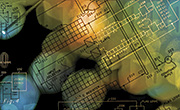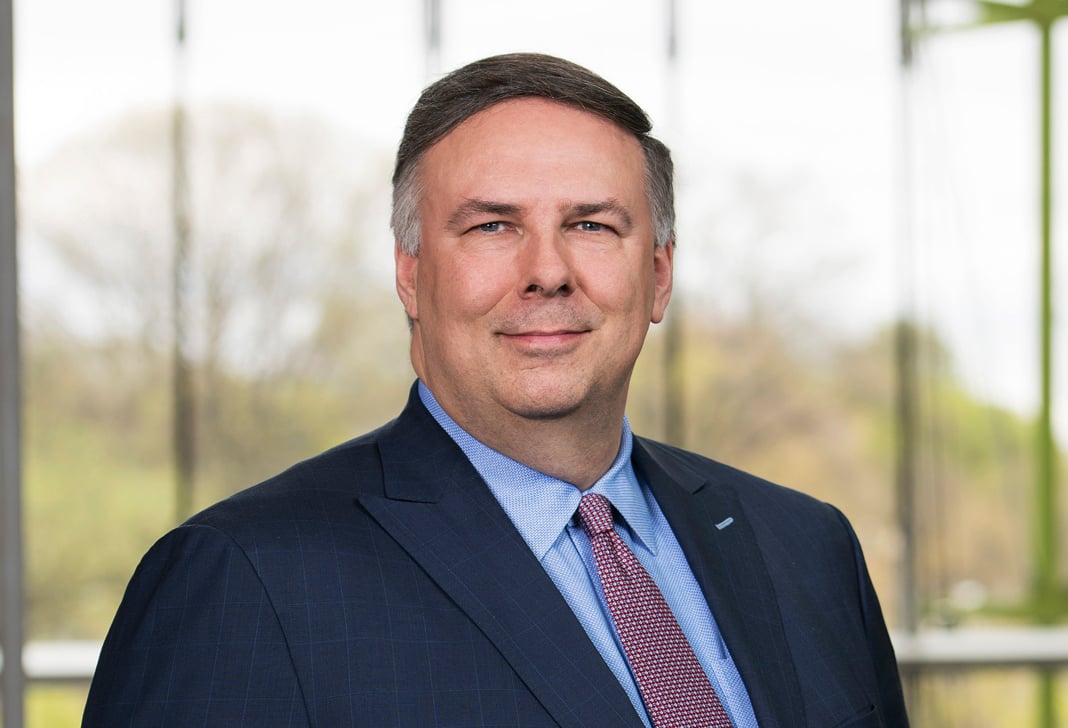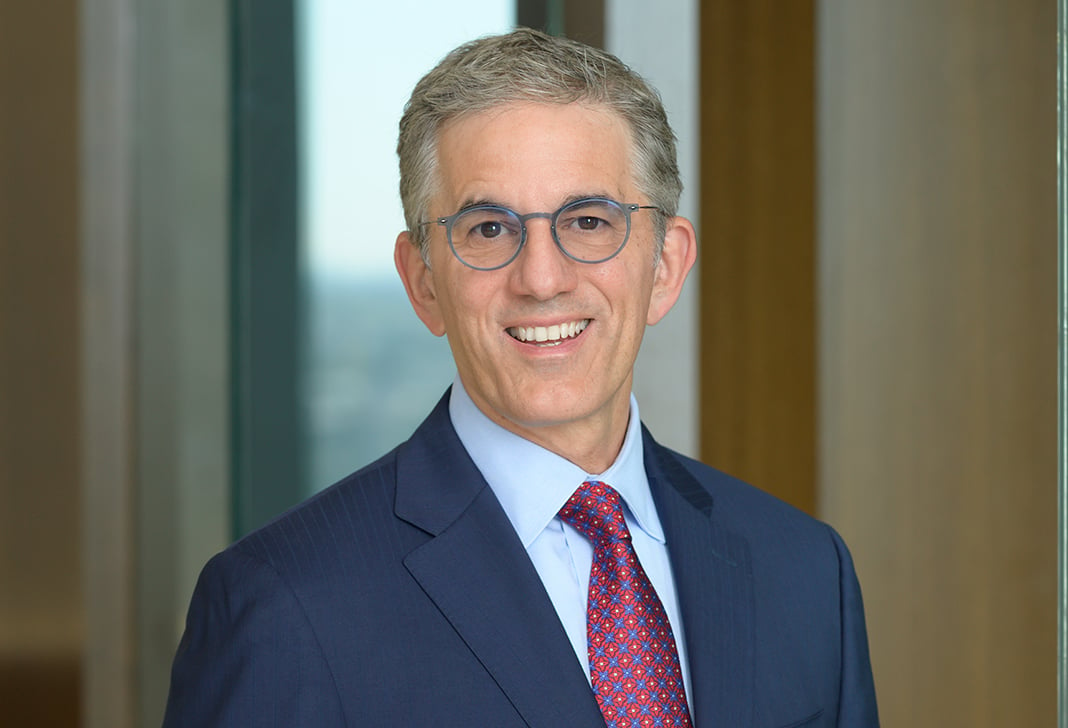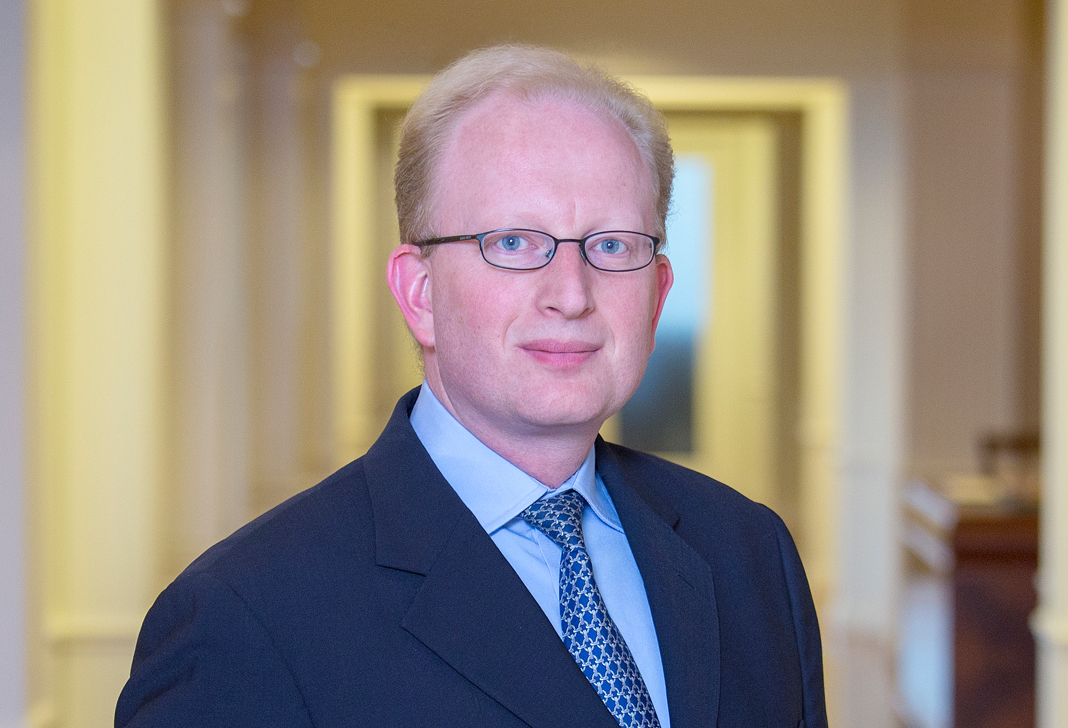
Federal Circuit Says that Receiving Expert Testimony, Without More, Does Not Trigger Deferential Review of Claim Construction
In its June 3, 2015 opinion in Shire Development, LLC v. Watson Pharmaceuticals, Inc., the Federal Circuit addressed the proper deference owed to a district court's claim construction when the district court receives extrinsic evidence but does not make any factual findings based on such evidence. This is an important elaboration of the rules of claim construction following the Supreme Court's decision in Teva Pharmaceuticals USA, Inc. v. Sandoz, 135 S. Ct. 831 (2015), in which the Supreme Court altered the Federal Circuit's 20-year practice of reviewing claim construction de novo. Instead, Teva held that the Federal Circuit must apply the more deferential clear error standard to a district court's factual findings based on extrinsic evidence. (Read Jones Day's more detailed discussion of the Teva decision.)
The Shire case was originally decided by the Federal Circuit before Teva but was returned to the Federal Circuit by the Supreme Court for further consideration in light of its Teva decision. 135 S. Ct. 1174 (2015). In the earlier Shire decision, the Federal Circuit had held that the district court's interpretations of the terms "inner lipophilic matrix" and "outer hydrophilic matrix" were overly broad, vacated the infringement finding, and remanded the case to the district court. See Shire Development, LLC v. Watson Pharm., Inc., 746 F.3d 1326, 1327 (Fed. Cir. 2014).
The Federal Circuit maintained its earlier holding upon the case's return from the Supreme Court. See Shire Development, LLC v. Watson Pharm., Inc., Case No. 2013-1409, slip op. at 3 (Fed. Cir. June 3, 2015) (hereinafter "Shire II"). The Federal Circuit made clear that even though "the district court 'heard' testimony from various expert witnesses during a Markman hearing and at trial," id. at 16, the appeal "does not involve factual findings to which we owe deference under Teva." Id. at 2. The court explained that when a district court's construction is based exclusively on intrinsic evidence (i.e., the claim language, specification, and prosecution history), the construction "amount[s] solely to a determination of law" and is subject to de novo review. Id. at 9 (quoting Teva, 135 S. Ct. at 841). The Federal Circuit also explained, citing Teva, that if a district court's construction does involve factual findings predicated on extrinsic evidence, then those findings are reviewed for clear error. Shire II, slip op. at 9.
Turning to the district court's specific constructions of the appealed terms, the Federal Circuit reiterated that "[i]n this case, we review the district court's constructions de novo, as the intrinsic evidence fully determines the proper constructions." Id. at 9. After canvassing the intrinsic evidence, the Federal Circuit concluded that the "prosecution history, the structure of the claim itself, the ordinary meaning of the claim terms, including the Markush group limitations, and the patent's description of the invention compel a claim construction" that is narrower than the one adopted by the district court. Id. at 12-13.
The Shire decision is an important elaboration of the Supreme Court's Teva decision, because it holds that the more deferential clear error standard of review is not "triggered any time a district court hears or receives extrinsic evidence," particularly where "there is no indication that the district court made any factual findings that underlie its constructions." Id. Rather, following Shire, clear error review is limited to those situations where the trial court's construction of the claims is predicated on extrinsic evidence, such as expert testimony.
Lawyer Contacts
For further information, please contact your principal Firm representative or one of the lawyers listed below. General email messages may be sent using our "Contact Us" form, which can be found at www.jonesday.com/contactus/.





